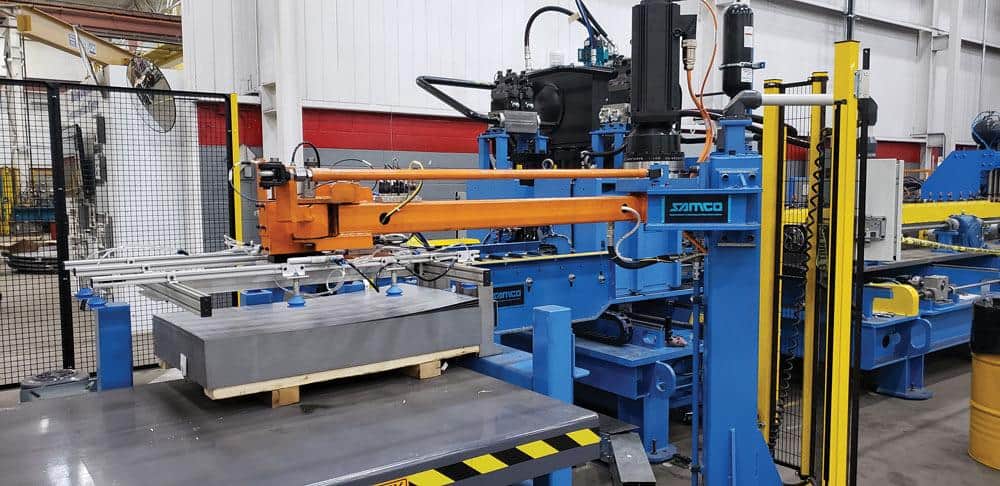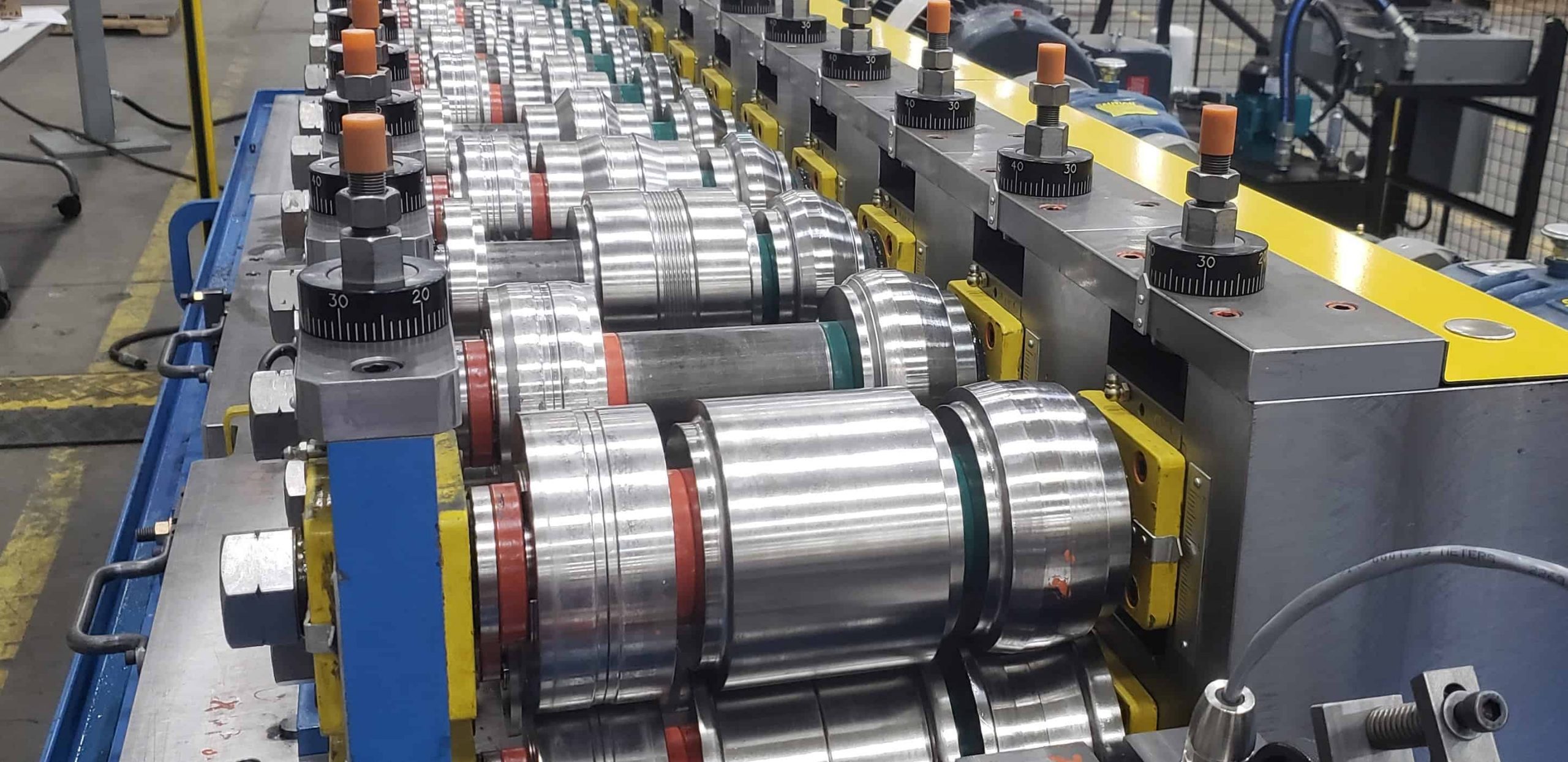
Looking Beyond America to the Riches of India
For most of his 36 years in the metal roll forming business, Joe Repovs did what most Canadian businesses do and sold mostly to the close and familiar U.S. market.
Then one day he picked up a book off an airport shelf that would transform his thinking. After racing through The World is Flat, the bestselling study of globalization by New York Times columnist Thomas Friedman, he decided that his Toronto-based Samco Machinery Ltd. had to broaden its horizons.
Two years ago, he jumped on a plane to India, where Mr. Friedman did much of the reporting for his book. Taking an Indian-born Samco executive along with him, the 62-year old Mr. Repovs traversed the subcontinent, visiting Calcutta, Pune, New Delhi, Mumbai, Bangalore and several other places to meet potential customers and get the lay of the land.
One of those potential customers was Tata, the giant conglomerate with interests in everything from trucks and tea to hotels and call centres.
Last year, Samco got a call from the Tata people: Could the Canadian firm bid on a contract for the world’s cheapest car?
Today, Samco is helping Tata build the chassis for the Nano, the little car that captured worldwide attention when the company chairman Ratan Tata unveiled it in New Delhi last week. The car is to go on sale in India later this year for 100,000 rupees, or about $2,500, a price no other car maker in the world can match.
Samco has a $3-mllion contract to supply a Tata subsidiary with roll forming machines, which take coils of steel and bend them into everything from garage doors to car bumpers to metal roofing. In Tata’s case, they will make six parts of the little car’s undercarriage.
Tata specified that the work had to be done in Canada -a compliment, Mr. Repovs says, to the quality of his company’s engineering and of Canadian manufacturing.
“They didn’t want to buy Indian. They wanted to buy from Canada,” says Samco president Bob Repovs, Joe’s 33-year-old son. “They wanted us to take the full responsibility.”
The company’s bold foray into the tetra incognita of overseas markets is exceptional for a small Canadian company. With the vast U.S. market right next door, many balk at the challenges of doing business in places with an unfamiliar language, culture, and laws.
But Joe Repovs says that after reading Thomas Friedman’s explanation of how instant communications are narrowing the gap between developed and developing countries, he is convinced that Canadian companies have to reach overseas to stay in the race.
“There’s 1.1 billion people in India and 1.3 billion in China. That’s where the wealth is going to be created in the future. If you want to be part of that, you have to get over there.”
Mr. Repovs says the Nano contract is a vital step for the company as it reduces reliance on the comfortable U.S. market and goes global.
Just a few years ago, 90 per cent of Samco’s business was with U.S. customers. Today, it’s just 30 per cent. With the high Canadian dollar making the U.S. market a challenge, the company has branched out to 10 other countries, including South Africa, Italy, Finland, Costa Rica, and Britain.
As companies from places like Taiwan and South Korea came into North America to compete in the roll forming business, Mr. Repovs decided the company needed to find new markets.
“Rather than wait for the world to come to us, we decided we had to go out to the world,” he said.
The strategy seems to be working. Annual sales have grown to $30-million, up from $10-million five years ago. Started in 1972 with just two employees, Samco now employs 125. It recently completed a 60,000-square-foot expansion of its plant in the Toronto suburb of Scarborough.
It has been an amazing ascent for Mr. Repovs, who came to Canada from Slovenia as a boy of 6. His mother escaped with him from the former Yugoslavia, hiding their savings in the boy’s shoe to keep it safe from marauding soldiers.
“They took our slivovitz, they took our kielbasa, but we got that money to Canada.”
Life in Canada has been good to Mr. Repovs and his company, a family concern that, along with his son, employs his daughter Lisa as sales and marketing chief and wife Inga as head of payroll.
Mr. Repovs was able to buy land for the company’s new plant in 1996. He and the family also own 270 acres in Northern Ontario where they cottage together in he summers.
But he says if he and his family want to stay and thrive in Canada, they have no choice but to branch out to other places.
Mr. Repovs says Samco chose India because of its British-style legal system and its use of the English language. He fact that 25 Samco employees are of Indian background, including the vice-presidents of operations and engineering, was a factor, too.
“That’s why we chose India instead of running off to China like everyone else.”
A year ago, Samco started a joint venture with an Indian company, Gallium, just outside of New Delhi, Samco-Gallium has put together a roll forming line for Asia Motor Works/Essar Group that is helping make heavy gauge truck chassis.
Moving into India hasn’t been without its problems, including reams of government red tape and a somewhat casual Indian attitude about what it means to sign a contract.
“You have to have a lot of patience and stick with it,” Mr. Repovs says. “Call it a leap of faith.”
If only more Canadian companies were willing to take the jump.
This article originally appeared in the Globe and Mail (Jan 2008)


